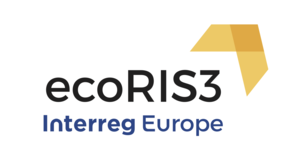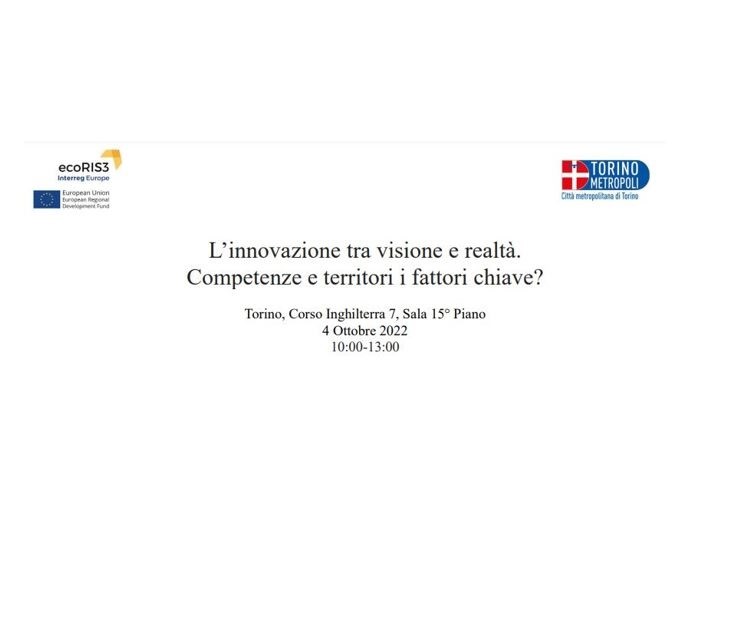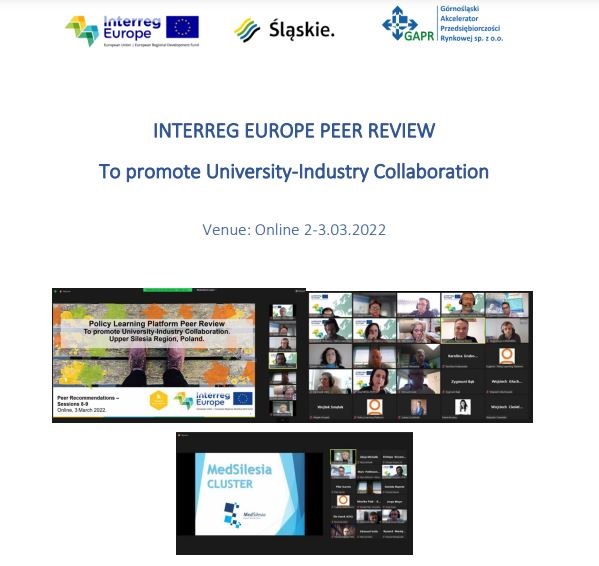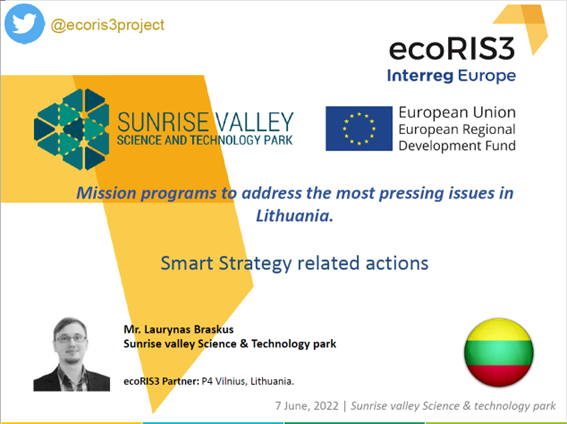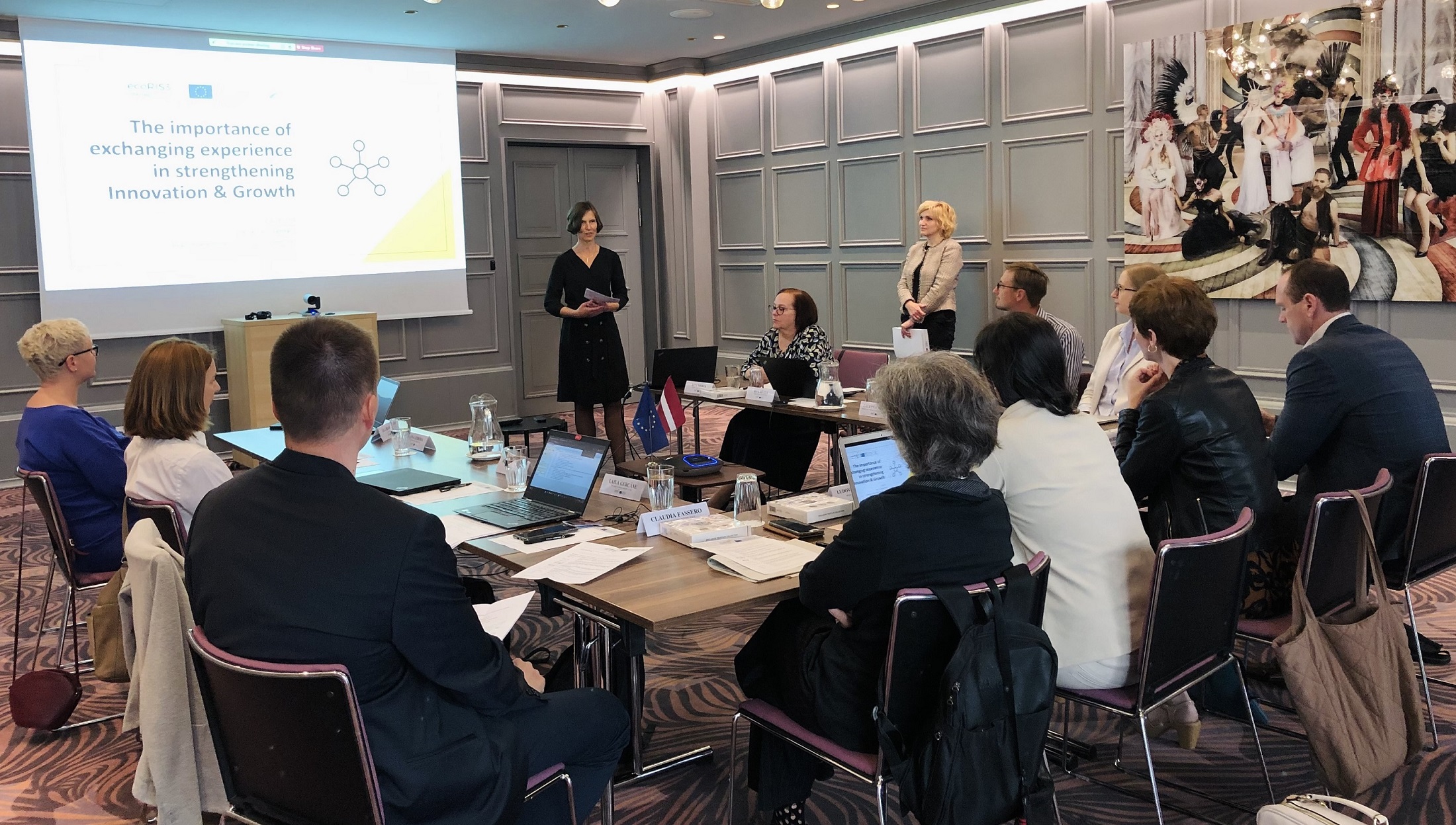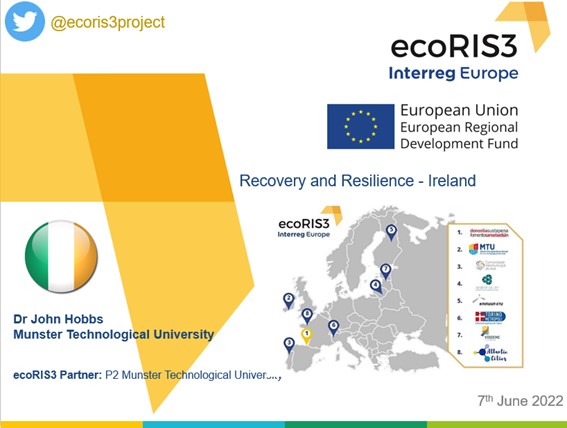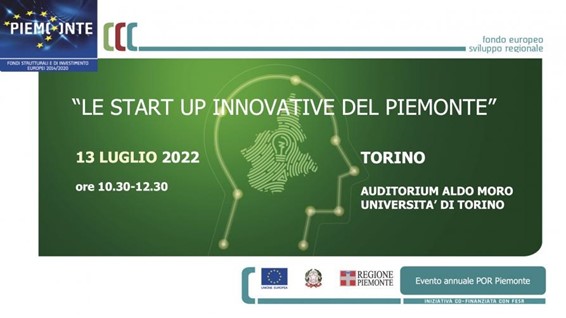Talent retainment is not new in the business sector. However, it has also become crucial for the growth and development of regions. Attracting and retaining talent is about bringing together and maintaining the right team, in the right place at the right time: “Critical mass is not simply about head count. Rather, it should be interpreted to mean the right team is brought together - so that the collection of individuals can act together to catalyse their thoughts, ideas, research and discoveries” (Dettenhofer, 2018).
On the 1st of October the ecoRIS3 workshop hosted in Kajanni was dedicated to the discussion of different aspects and contexts of talent retention.
Antti Toivanen, Managing Director of Kainuu Etu Ltd, described the current situation of talent retainment in Kainuu: the biggest challenge is the ageing of population & emigration of younger generations, coupled with a strong motivation for economy renewal.
Image: Antti Toivanen, Kainuun Etu Ltd
Dr Jouni Ponnikas, Regional Development Director, presented on behalf of the Regional Council of Kainuu, Finland’s on-going policies and initiatives addressing talent retention. At present, several mutually reinforcing trends in Finland (low birth rate, urbansation, emigration) point to the need for talent attraction & retention policies.
Dr. Justin Doran and Jamie Mehan, stakeholders of Cork Institute of Technology, presented the situation in Ireland from two different regional perspectives: on the one hand, lack of effective connectivity and services in rural areas reinforces urbansation trends; on the other hand, talent retention challenges can also be faced by traditional urban centres such as Limerick. Public investments in infrastructure and services would be required to retain inhabitants in rural areas. Urban centres losing population need a strategic growth approach to effectively retain talent. The City of Limerick, Ireland, was an example of a region where through crisis they have found ways to answer the talent attraction and retention problems. It has demanded close coordination between economic strategy, spatial planning and marketing planning of the region and also cooperation between education, government and industry.
Image: Dr Justin Doran, University College Cork
Eglė Adašiūnaitė presented the Work in Lithuania programme and how it helps to attract talent. It aims to connect highly skilled employees living abroad with international employers in Lithuania. It helps businesses to find the right employees, encourages professionals living abroad to choose Lithuania for their career and improves the talent ecosystem at a national level. The programme cooperates with government institutions to improve the talent ecosystem. It provides administrative assistance in immigration and integration issues and it also offers tax incentives and relocation cost reimbursement.
Anda Bimbere and Ilona Platonova presented good practices from Latvia. Through the ecoRIS3 project and regional SWOT and expert analysis, three key areas have been identified concentrating the most significant talent retention challenges in Vidzeme region. They include entrepreneurship and innovation (i.e. demand for talent); cooperation between and among business, management, research and education sectors (i.e. the multi-sided, team-based approach); and human resource management (i.e. active talent attraction and retention measures).
San Sebastian (Spain)
Peoples’ mindset has changed – they are not interested with working conditions, but rather they want to live well. Several programmes for attracting foreign talent have been developed. One of these programmes is about attracting people from universities abroad. A reception programme for integrating newcomer talent and their families has also been developed. A talent house service has been created to develop strong connections to companies and research centres, making the arrival and stay easier and more pleasant.
Torino (Italy)
A challenge is that young people are moving abroad to study in increasing numbers in spite of the fact that Italy has a good university system. Talent retainment efforts are being undertaken: for example, a programme for educating young people through courses comparable to university courses has been created. There is also an initiative to attract and retain talent through social innovation, mostly addressed to residents in Italy.
Portugal
There is a gap in the numbers between working people compared to the number of people retiring. Talent retainment efforts are currently implemented: there are incentives for arriving immigrants and measures for retaining. People that otherwise would go abroad; programmes for trying to provide a soft-landing to incoming talent, including addressing cultural challenges through projects.
The contributions from all partners to the talent retention workshop can be downloaded here: https://www.interregeurope.eu/ecoris3/library/#
